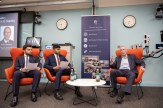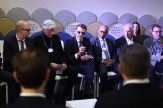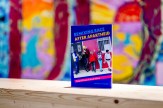Global experiences helped her become a better listener
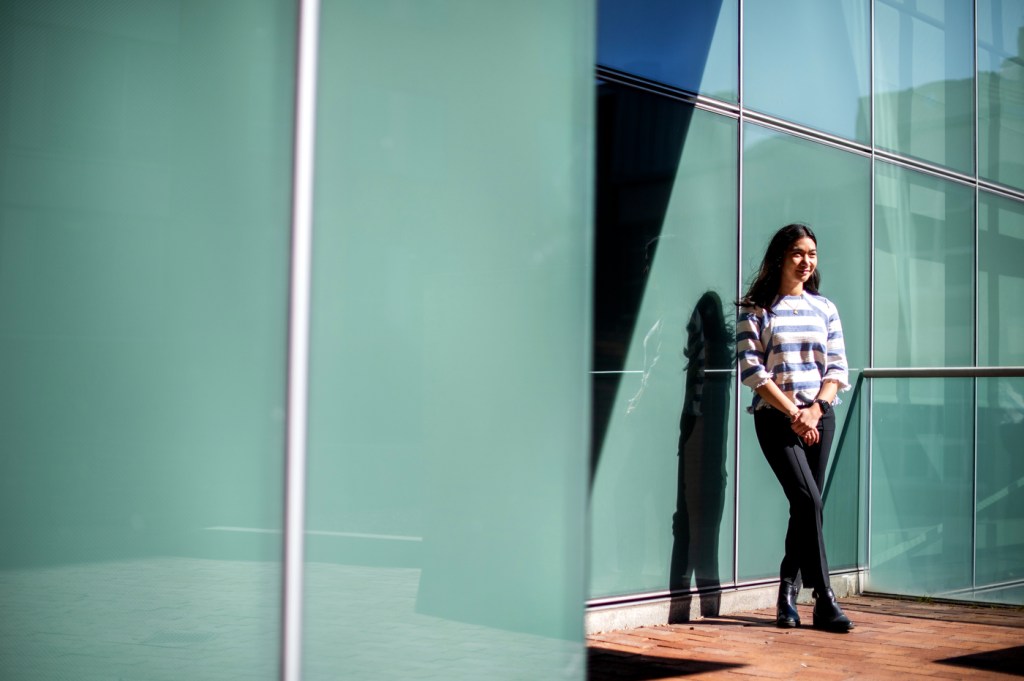
Teen pregnancy and reproductive health were not exactly topics of open conversation in PhiYen Nguyen’s public school education in Oklahoma, and even less so in her Vietnamese American home. Health education in the state “basically amounted to an 18-slide presentation on HIV and AIDS,” she recalls.
For a class research project, she wrote a policy memo to Oklahoma’s governor suggesting ways to develop pregnancy education standards in a state with one of the highest rates of teen births, according to 2019 data from the Centers for Disease Control and Prevention.
“There’s no mandate for sex education in Oklahoma,” she says, pointing out that teen pregnancy and childbearing have significant impacts on women’s lives, affecting not only education, but earning potential and quality of life.
Her research reinforced a desire to educate others on health and well-being. Today, Nguyen is on the Boston campus pursuing a master’s degree in public policy with a concentration in healthcare management and policy. And she’s looking beyond the state where she grew up to research the plight of women refugees looking to relocate to high-income countries.
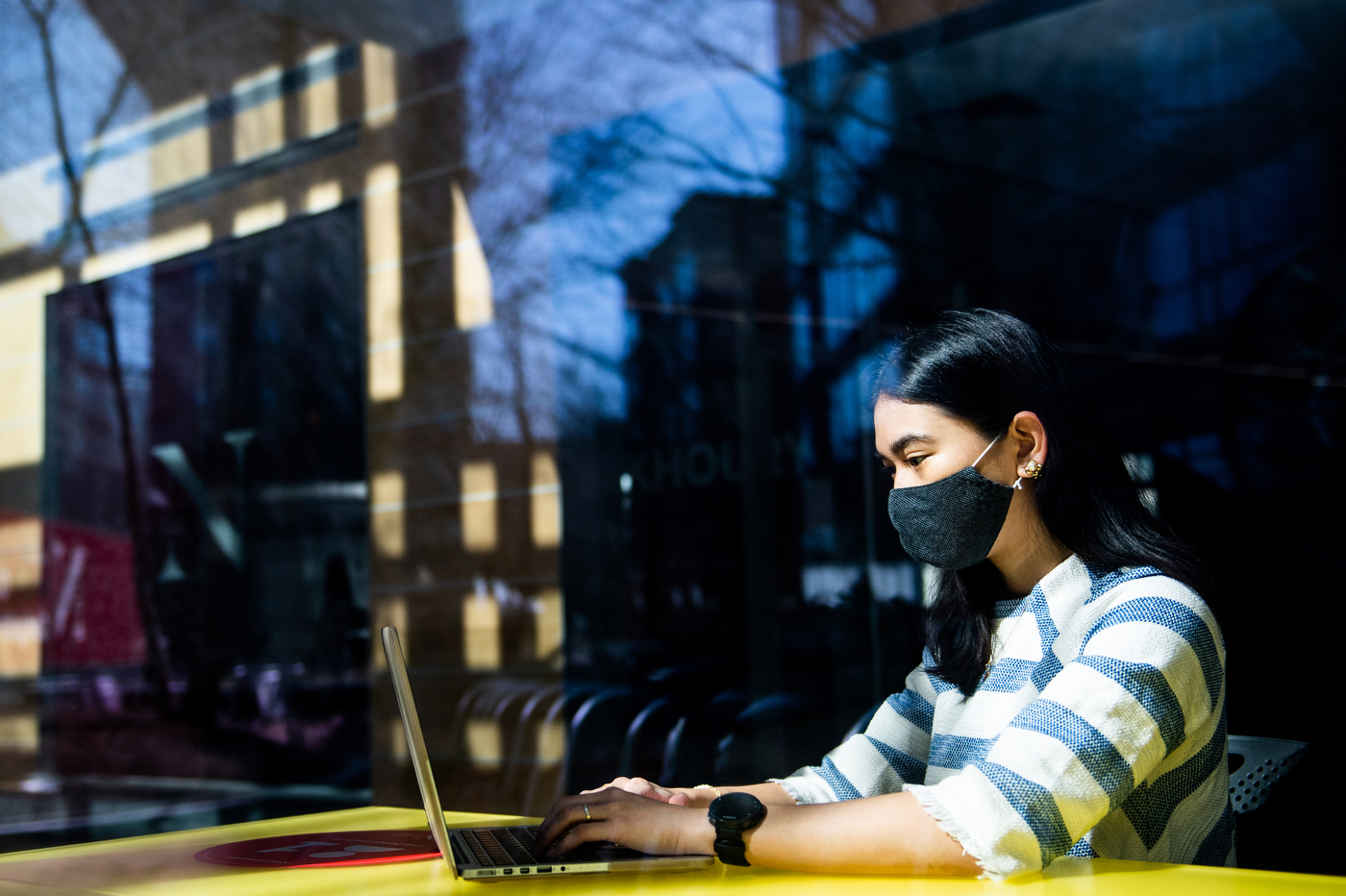
“I want to integrate gender equity into my policies,” Nguyen explains.
To get there, she’s relying on global experiences forged at Northeastern.
In March of 2018, the medical school hopeful worked with underserved communities in Nicaragua on a medical volunteer service trip organized by Northeastern’s chapter of Global Medical Brigades, a student group.
Later that year she traveled to Japan to study nonprofits and nongovernmental organizations as part of the Twenty-First Century City Dialogue of Civilizations program led by Lori Gardinier and Thomas Vicino, who teach in the College of Social Sciences and Humanities.
Gardinier has developed partnerships with many of Boston’s nonprofit organizations and created project-based service-learning programs with nonprofits in Benin, Costa Rica, India, and Mexico. Vicino specializes in the political economy of cities and suburbs, focusing on issues of metropolitan development, housing, and demographics.
“It was an enriching experience that paired traditional learning with programs and excursions that extended beyond the classroom,” she says.
Another professor who knows her, Dan Urman, who teaches constitutional law, law and public policy, and the modern U.S. Supreme Court at Northeastern, lauded Nguyen’s global mindset.
“PhiYen’s awareness of the world around her adds to the value she brings to her classmates and teachers,” he says. “I enjoy hearing her perspectives.”
It is a given with foreign travel that there are bound to be hiccups along the way, and that was certainly the case for Nguyen.
A snafu at a hostel in Tokyo where she and other Northeastern students were staying resulted in a relocation to hotel rooms further out from the city. The upside was getting to ride Japan’s transit system, famous for its cleanliness and efficiency.
“That was the second-best part of my trip,” Nguyen laughs.
She would later encounter another travel experience with a silver lining—Singapore in the midst of a worldwide global health crisis.
It was the spring of 2020 when Nguyen moved there to finish up some political-science electives in the English-speaking Southeast Asian city-state. Northeastern has study abroad partnerships with Nanyang Technological University, which Nguyen attended, and Singapore Management University, mostly geared toward business students.
Nguyen was studying global governance and felt fortunate to witness firsthand Singapore’s government proactively handling the coronavirus. It helped that there weren’t a lot of cases compared to China or the United States, “but it was interesting to see how quickly they moved to contain the spread,” she says.
Compared to other parts of the world where infection rates were soaring, Singapore seemed to have the situation under control, she thought.
“I felt a lot safer there,” Nguyen remembers.
Hop-scotching around the planet has given her a deeper appreciation for listening more and talking less.
“It’s definitely made me more willing to meet people where they are at,” she says.
And, it has greatly increased her willingness to confront problems by running toward them rather than away, like the time Singapore went on lockdown. Feeling isolated, Nguyen ran the entire length of the small city the day before she flew back to the United States.
Her run was interrupted to take in the iconic half-fish, half-lion Merlion statue, an exhausting but fulfilling venture that left her feeling ready to take on life’s challenges.
Fellow women in fields like science, technology, and math tend to feel drowned out in these traditionally male careers, an imbalance that Nguyen is trying to address.
“As a Vietnamese woman, that really holds true to what I do and what I hope to be advocating for,” she says.
For media inquiries, please contact media@northeastern.edu.

